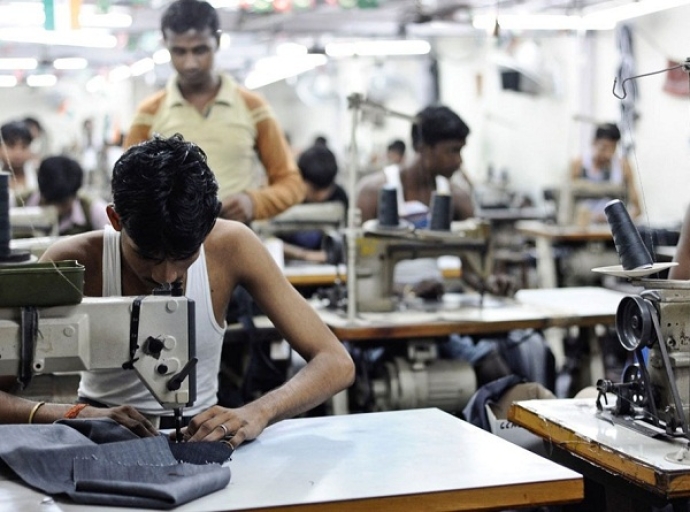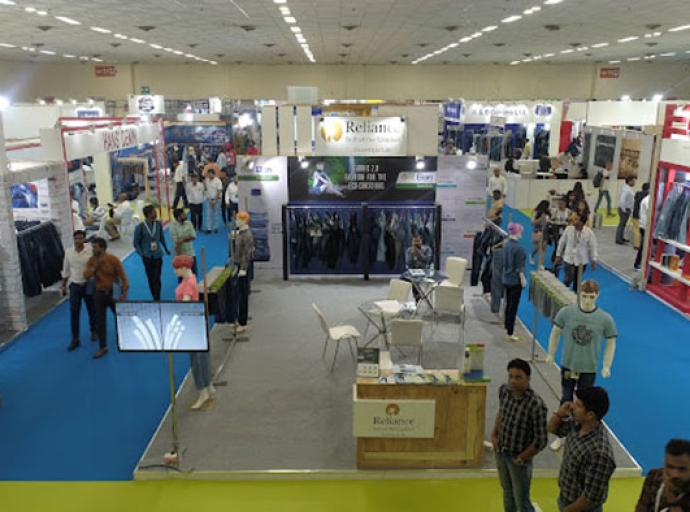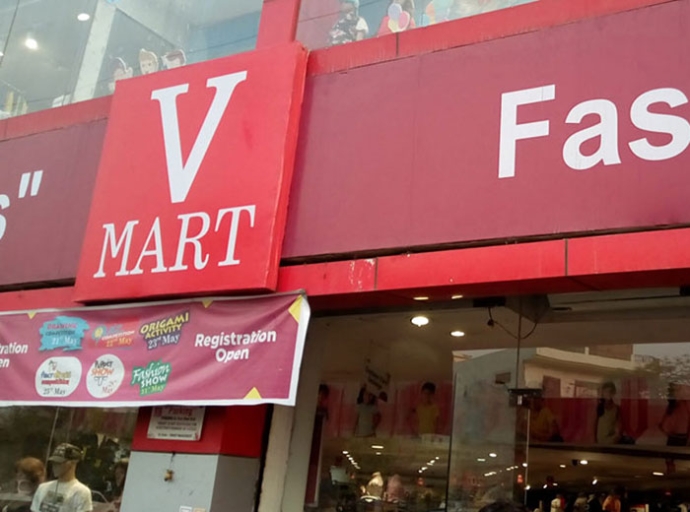Good times are back for Indian retail as all leading brick and mortar players including Reliance Retail, Tata-owned Trent, Aditya Birla Fashion & Retail, and Shoppers Stop saw sales surpass pre-COVID levels this festive season.
The boom has encouraged all of them to announce new expansion plans including store expansion, launching new store formats, and adding new product categories.

Festive season boosts retail demand
Demand has come back in a big way across the country, says Dinesh Thapar, Chief Financial Officer, Reliance Retail. Increased vaccination and the festive season have given people the confidence to step out of their homes for shopping, he adds.
Sales in the company’s fashion and lifestyle surpassed pre-COVID levels in the September quarter, and it now plans to add 1,200 new stores per store for the second half of the fiscal. The fashion business of Tata Group Company, Trent also plans to expand its Westside, Zudio, and food retail Star businesses.
The company’s sales have recovered and, it is now operating at profits, as per Noel N Tata, Chairman
Shoppers Stop plans to open 20 standalone beauty stores and 10-12 eponymous departmental stores in the next two years, according to Venugopal Nair, Managing Director.

Aditya Birla Fashion & Retail (ABFRL) plans to open 100 new Pantaloons stores annually besides over 100 ethnic wear stores in the next few years. It will also launch a new menswear brand this month besides expanding further through the franchisee routes across brands.
Cash inflow leads to reduced debts
With cash flows improving, debts of most retailers have reduced and are expected to decline further in the coming quarter. This is also fuelling their expansion. For instance, ABRFL’s debt has reduced by Rs 327crore to Rs 873 crore in September.
It further reduced to Rs 450 crore in the festive season. The debt of Shoppers Stop has also reduced to Rs 62 crore in the September quarter from Rs 96 crore in the June quarter. The company expects to be free of all debts by December end.

Though a few fashion and lifestyle retailers had to shut stores in 2020-21 as sales dropped due to the pandemic and extended government restrictions including mall closures, big retailers including Reliance Retail, Tata, and Aditya Birla Group continued to expand amidst the pandemic and they are now accelerating their expansion plans.
Rising rentals drive retailers to smaller towns
However, these retailers face higher store rents which are likely to surpass pre-pandemic levels in the next few months, opines Neville Noronha, CEO, DMart, a chain of supermarkets. Most retailers plan to expand more in smaller towns as consumption in these towns recovered faster and modern retail is yet to penetrate there.

TOP 5:
1. Flipkart, an Indian e-commerce company, collaborates with PUMA on the ‘1DER' line, which features batsman KL Rahul
2. Consumers will determine growth of sustainable fashion e-comm in India
3. Myntra to offer 1 mn styles from about 7,000 brands at the 'Big Fashion Festival'
4. Maharashtra government honors VIP as 'Best Innerwear Brand' for 2021-22
5. Nike strengthens retail presences with new store at DLF Mall of India,Noida
Return to homepage



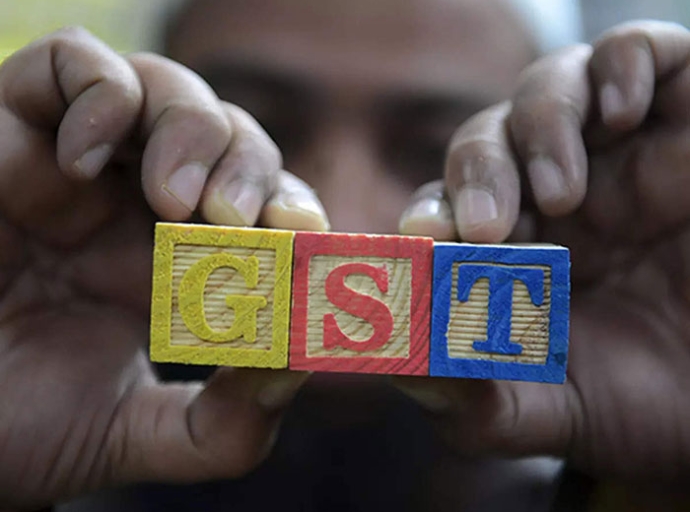
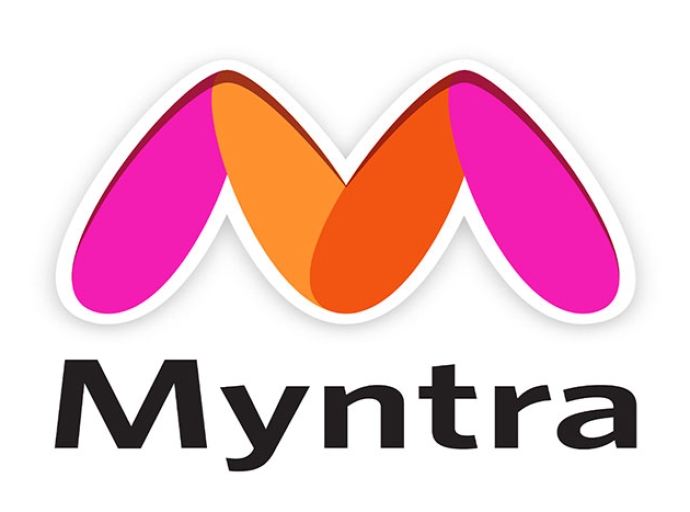







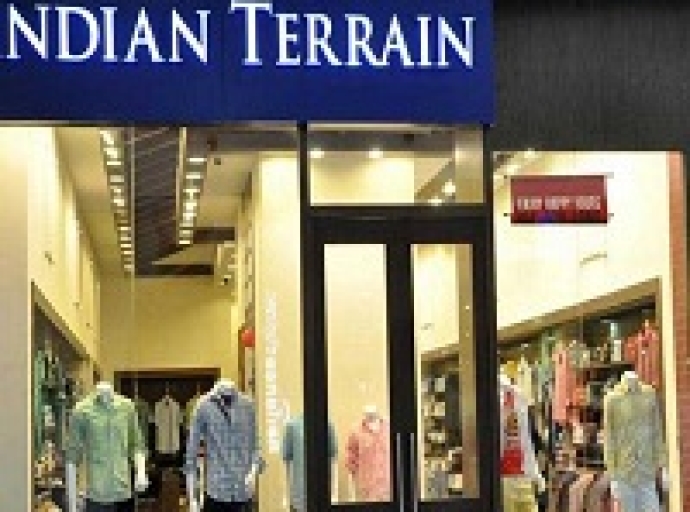

_thumbnail.jpg)



